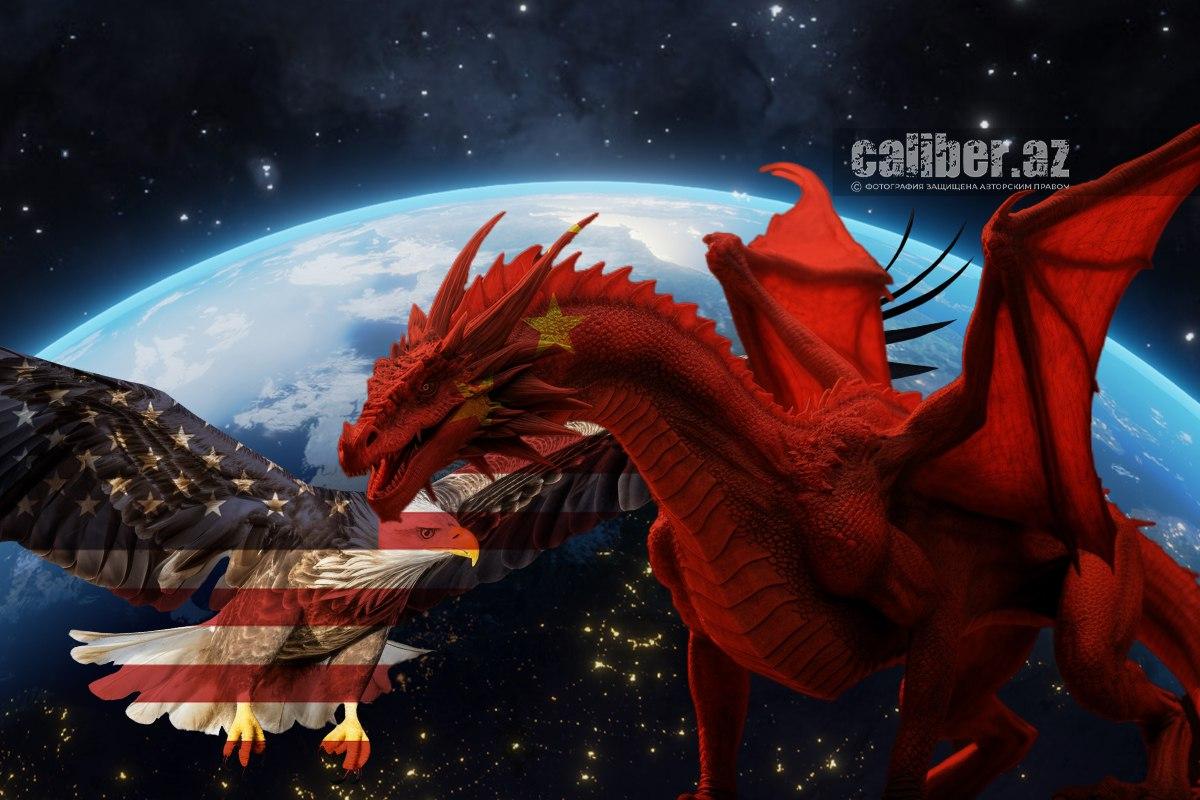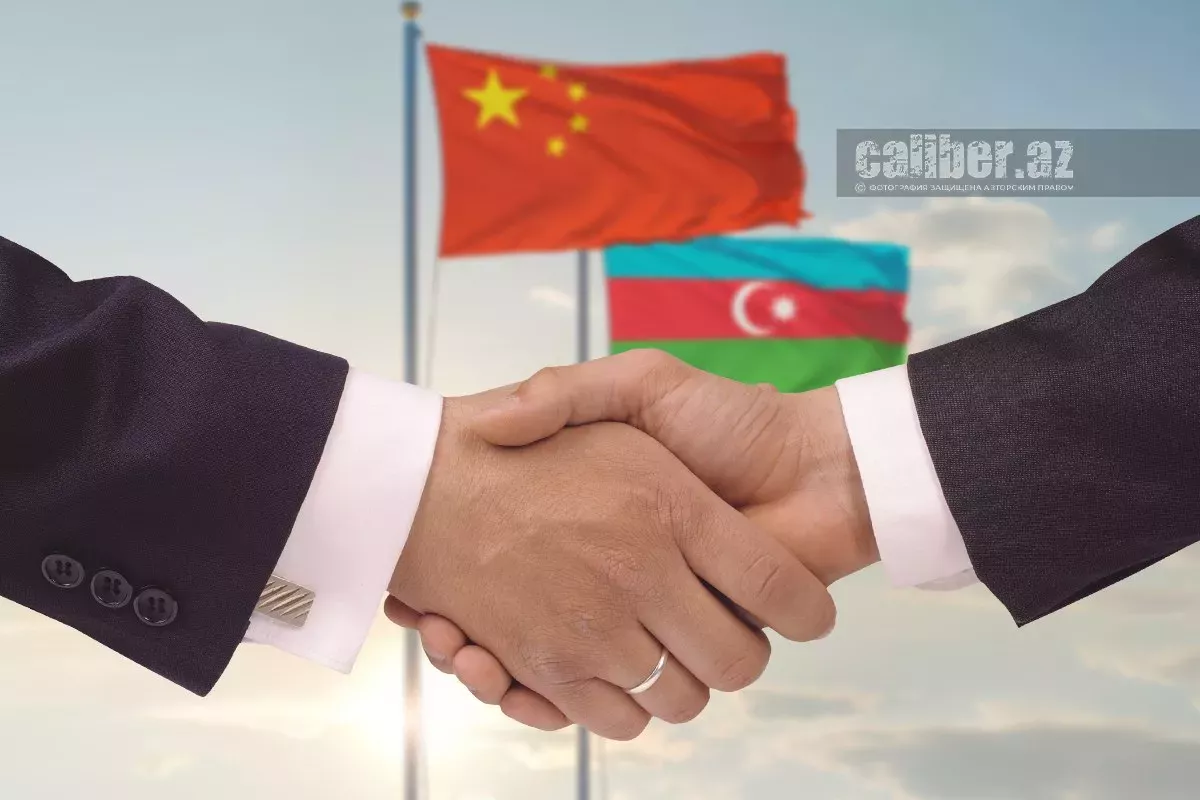US–China: Between confrontation and cooperation Reflections by Teymur Atayev
Even in the run-up to a possible phone call in the coming days between U.S. President Donald Trump and Chinese President Xi Jinping — something the global media began to speak of with more certainty after some clarification from the White House press office — there remains little confidence that the escalating trend in U.S.–China relations will be halted.
Yes, the occupant of the Oval Office expressed a lasting fondness for Xi Jinping, but then immediately seemed to contradict himself, citing the latter’s “intransigence,” which, according to Trump, makes striking a deal with him “extremely hard.”
At the same time, U.S. Secretary of State Marco Rubio drew attention to the fact that Washington had voluntarily surrendered its manufacturing capacity, making itself dependent on China — a development that, he noted, has significantly undermined “our national security” by depriving the country of the ability to produce goods.
Even based solely on the points above, it is quite clear that Washington and Beijing are still far from reaching a state of calm in their relationship. All the more so considering China’s earlier response to the 145% tariffs imposed by Washington, which included Beijing’s decision to suspend the export of a wide range of critical minerals and magnets — a move that underscored the country's global significance.
As experts have noted, Beijing’s step disrupted supply chains that are vital to car manufacturers, aerospace companies, semiconductor producers, and defence contractors around the world.
Moreover, China is making significant efforts to strengthen ties with other regions of the world — particularly against the backdrop of Washington’s increasingly anti-European stance. For instance, on the same day — June 3 — the U.S. decided to double tariffs on steel and aluminium imports from 25% to 50%, a move that undoubtedly harms the interests of the European Union.
Against this backdrop, particular attention should be paid to the late-May phone conversations held by Xi Jinping with French President Emmanuel Macron and German Chancellor Friedrich Merz. During these talks, the Chinese leader urged his counterparts to serve as reliable forces in upholding the international order by defending the rules of global trade and economic governance through genuine multilateralism.
Xi Jinping stressed that the parties must strengthen strategic communication, noting that China consistently views Europe as an independent pole in a multipolar world and supports the EU’s efforts to bolster its strategic autonomy and enhance its role in global affairs. In this light, China stands ready to work with the EU to confront global challenges and achieve mutually beneficial results for both sides and for the world at large.
It is fair to say the underlying message here is more than clear.

Just across the road lies another dimension of Beijing’s foreign policy. For example, in late May, Kuala Lumpur hosted the first-ever summit between the Association of Southeast Asian Nations (ASEAN), China, and the Gulf Cooperation Council (GCC) as part of the 46th ASEAN meeting.
At the summit, Chinese Premier Li Qiang described the gathering as an important innovation in regional economic cooperation and called on all parties to set an example of global collaboration and development — one marked by interregional openness and the integration of diverse civilisations.
In this context, Li Qiang expressed strong support for the Confucian-Islamic inter-civilisational dialogue initiative proposed by Malaysian Prime Minister Anwar Ibrahim. He affirmed Beijing’s readiness to work together with ASEAN and the GCC to implement the Global Civilisation Initiative.
In addition, he highlighted the need for tripartite coordination to defend the shared interests of developing countries — a strategy that would help counter hegemony and power politics. Against this backdrop, China hopes to make a positive contribution to advancing the interests of the Global South.
The final emphasis also significantly highlights the position of official Baku on some of the directions outlined above. Just recently, during his speech at the opening of the Baku Energy Forum 2025, Azerbaijani President Ilham Aliyev recalled that one of the country’s goals at COP29 was to build bridges between the Global South and the Global North — a goal that, he noted, had been successfully achieved.
In addition, Baku has a dedicated financial package in place to support Small Island Developing States (SIDS), further reinforcing its role as a responsible and proactive player on the global stage.
In other words, this is yet another example of Azerbaijan’s well-known multi-vector foreign policy, which is aimed exclusively at protecting national interests — not at confronting any particular third parties. Within this context, Azerbaijan–China relations take on particular significance.

The Declaration on Comprehensive Strategic Partnership signed between Azerbaijan and China in April reaffirms Beijing’s commitment to jointly developing secure, stable, direct, and trans-Caspian express routes connecting China and Europe.
The document also underscores both sides’ shared advocacy for the promotion of common human values — peace, development, equality, justice, democracy, and freedom — as a foundation for building a new type of international relations and a community with a shared future for mankind.
In line with this, China officially expressed its support for Azerbaijan’s efforts within the framework of the “Baku Process” — an initiative that convenes global forums as a platform for fostering intercultural dialogue on a worldwide scale.
We found it important to highlight the above because only through creation can the world move toward genuine mutual understanding among all peoples. Only when the guns finally fall silent will respect, understanding, and mutual knowledge come to the fore.
As President Ilham Aliyev said some time ago: “Ethnocultural diversity is not a dividing line, but a unique treasure that serves the harmonious development among peoples.”
In this spirit, Azerbaijan supports harmonious relations between cultures on a global scale, advancing initiatives based on inter-civilisational dialogue aimed at achieving mutual understanding.
If only everyone would listen to this guiding principle!








